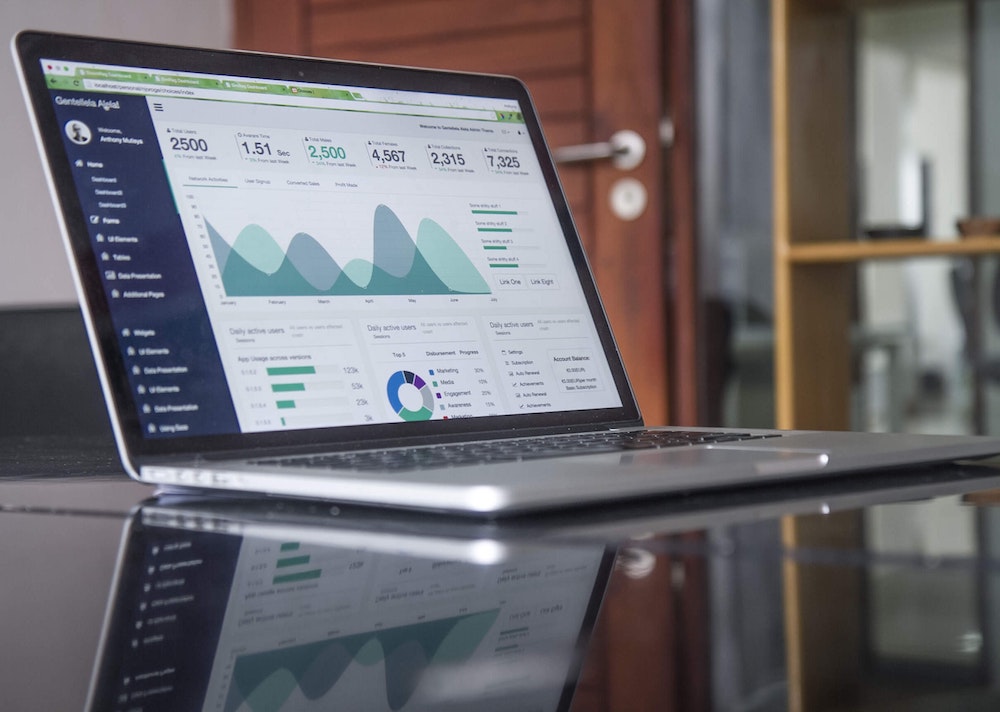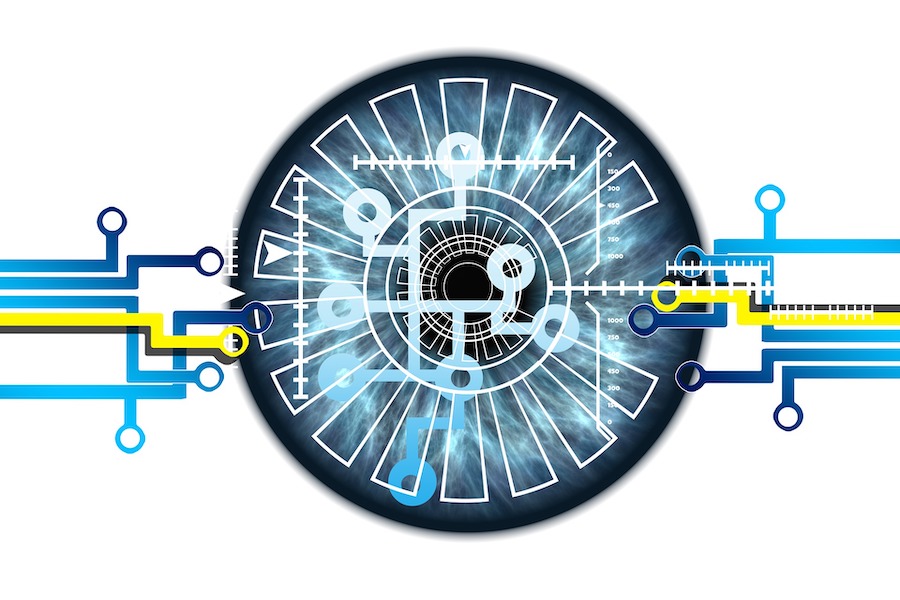No hotel ever sets out to waste money. However, if hoteliers aren’t taking a proactive approach to controlling their expenses, they are effectively throwing money out the window. Identifying ways to reduce overall spending is the first step to bolstering your hotel’s bottom line, but it’s not enough—hoteliers need to evaluate their property to determine any wasteful practices that are draining the hotel of revenue unnecessarily, then take steps to operate as efficiently and cost-effectively as possible.
Unnecessary Use Of Resources
Hotels consume tremendous amounts of resources in the form of electricity, gas, water and food. Utilities alone account for approximately 6% of operating costs. Unfortunately, much of that investment is wasted. Hotels routinely heat empty rooms, fill up unused pools or throw away bags of wasted buffet food. Setting any environmental concerns aside, there is a powerful case to be made for reducing waste simply from a fiscal perspective. Relying on tools that allow hotels to carefully track utilities and inventory reveals the largest sources of waste and the most realistic ways to reduce them.
Staffing Incorrectly
Labor is the single biggest expense in any hotel, accounting for nearly half of the average operating budget. Having too many staff on the clock is a major waste, but it’s not the only area where staffing hurts the bottom line. Having too few staff or the wrong staff on site is just as problematic, as it degrades the guest experience and hurts revenue over the long term. It’s essential for hotels to have the right staff mix at all times, which requires a robust system for analyzing where, when and how staff should be scheduled.
Upgrading Aggressively
Every hotel must make upgrades, but each one must have a demonstrable ROI. If a hotel decides to completely renovate every one of its rooms, and communicates these upgrades effectively to past and potential guests, it could lead to a spike in business. However, if the extra revenue does not exceed the cost of the renovations then it’s really a lost opportunity. Instead of thinking about upgrades ambitiously, think about them realistically. Guests might be just as swayed to book by learning about a modernized bathroom and new pillows as a personal whirlpool tub. Aim to make upgrades that are engaging and accommodating rather than impressive.
Ineffective Marketing
Most hotels spend 4-5% of revenue on marketing, and given the growing number of marketing channels available, this number could easily be much higher. However, considering how complex and competitive the hospitality market is, much of that marketing is either underwhelming or ineffective. Hotels routinely waste marketing budgets on unnecessary campaigns, underwhelming channels and unfounded assumptions. The better strategy is to take an empirical approach to marketing. Implement a system that makes it easier to connect with guests, calculate the ROI of marketing and control acquisition costs.
Lax Maintenance
This one is less of a wasteful spend and more of a neglected opportunity. For many reasons, hotels elect to ignore, delay or underspend on maintenance. That may be good for this year’s budget, but it only means that repairs and renovations will cost more later on. Failing to practice preventative maintenance is its own form of waste. Plus, a hotel that is shabby or defective does little to encourage repeat bookings. A quality PMS that incorporates data from across a property reveals when and where maintenance is most necessary. This systematic approach ultimately allows hotels to track and control maintenance costs.
There is a misconception that hotels can either minimize costs or maximize revenue but they can’t do both at the same time. However, in today’s data-driven world, this is simply not true. Hotels have the ability to easily monitor their outgoings to identify areas where funds are being spent unnecessarily, meaning that there is no excuse for being wasteful. Hotels are more empowered than ever to be their best for every guest, so hoteliers need to take the initiative to eliminate those common practices that are hurting their bottom line.
RoomKeyPMS offers a suite of solutions that makes identifying and eliminating waste easy. When you’re ready to invest in technology to bolster your bottom line, reach out to our team for a consultation.
Photo Credits: Shutterstock / Cressida studio




